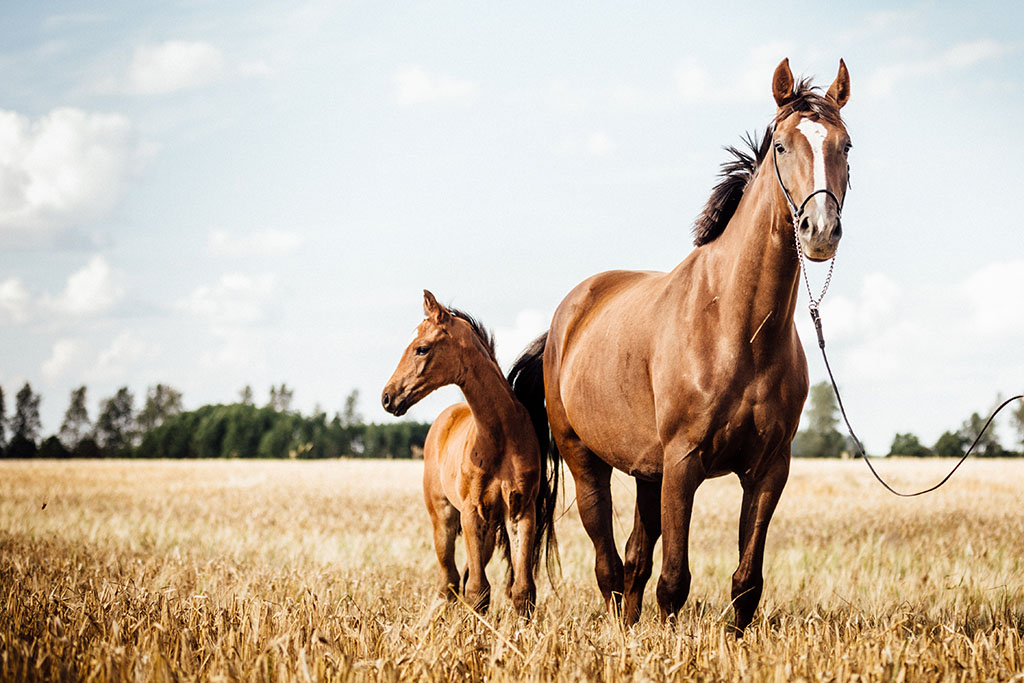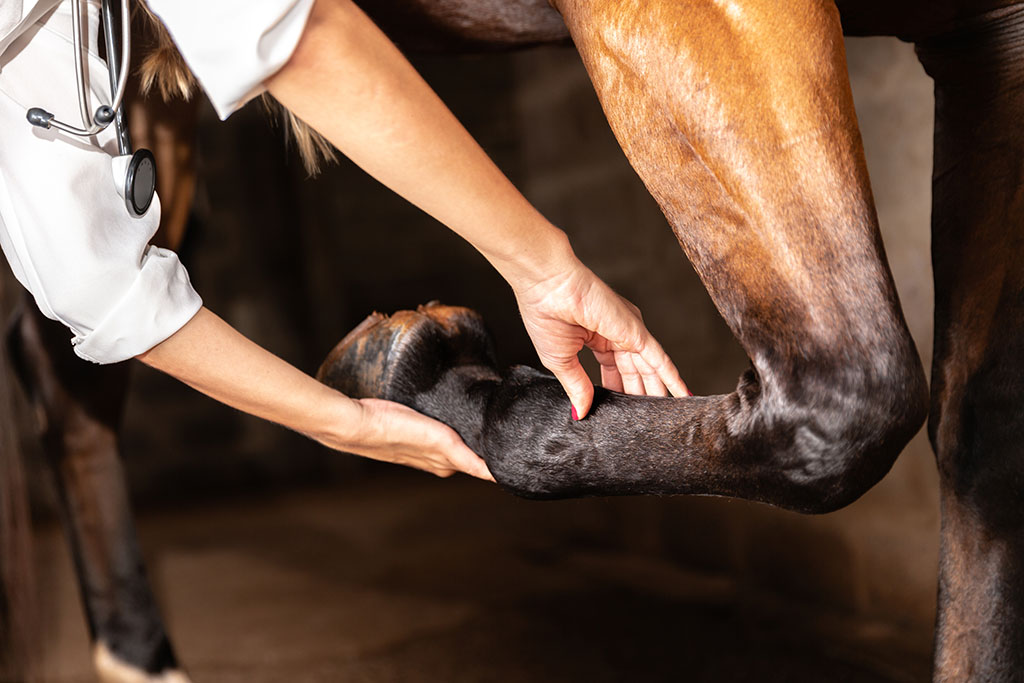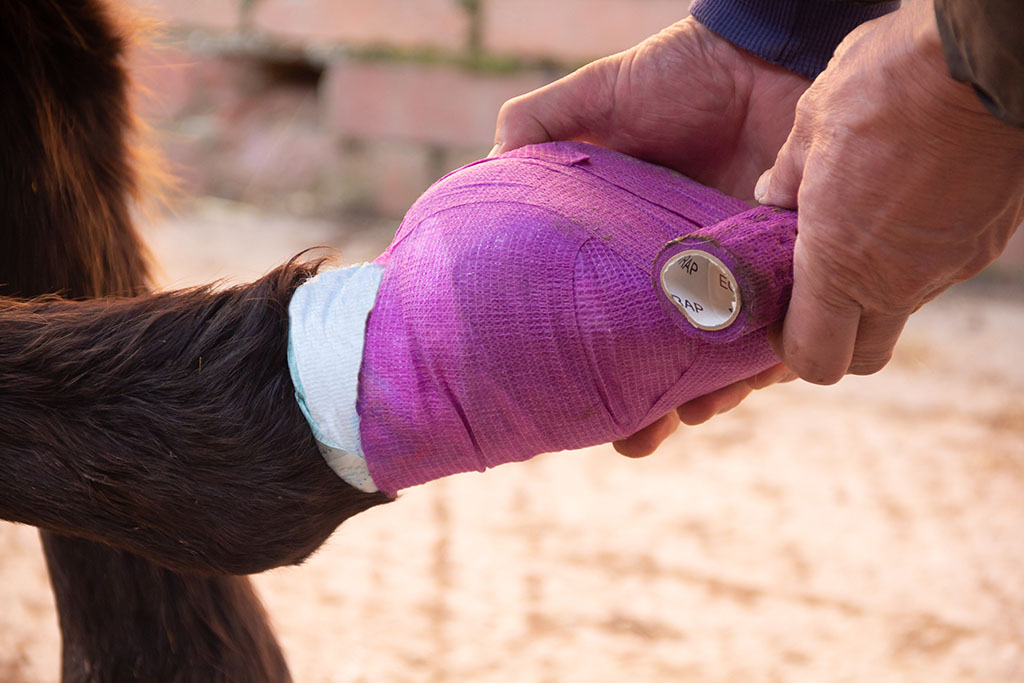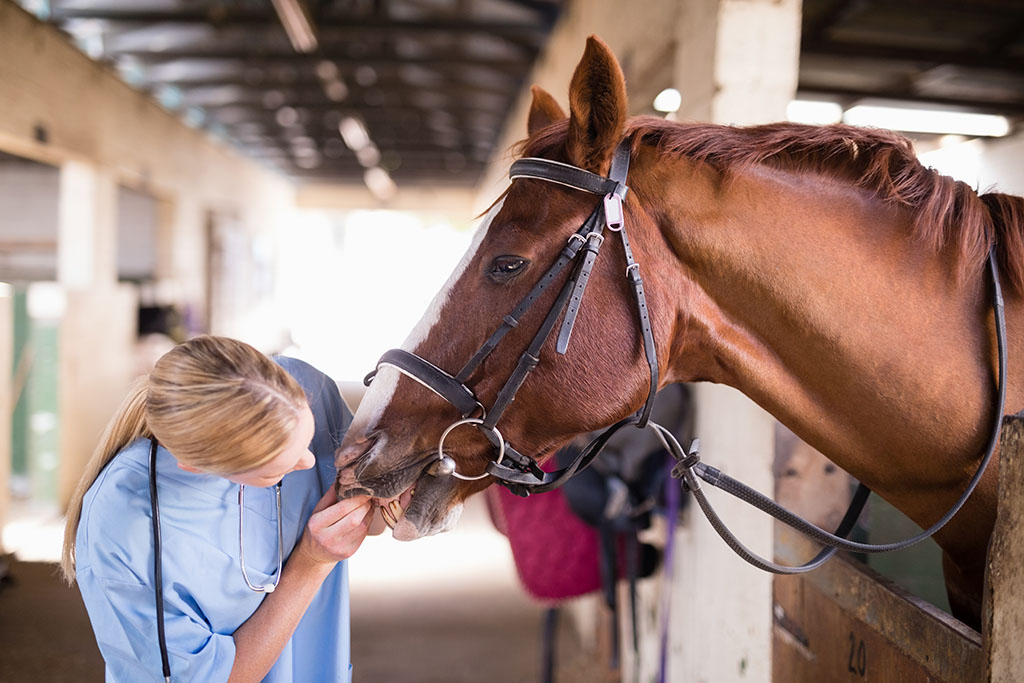
Owning a horse can be extremely rewarding and bring joy to you and your family. Like other pets, they can feel very much part of your family and of course, they will require lots of care and attention to keep them fit and healthy.
However, even the most well looked after horses could become sick or injured and require veterinary care and treatment. In these instances, you may want to consider how you might pay for the veterinary fees incurred when treating your horse.
The emotional and financial aspects of treatment can be overwhelming. Therefore, for peace of mind, equine insurance might alleviate some of that worry leaving you to focus on your horses’ treatment and recovery. Vet’s fees are now an optional benefit to our standard equine cover, take a look at our Horse Insurance and Veteran Horse Insurance for all the details.
Here at The Insurance Emporium, we have analysed our Most Common Conditions for Disease and Accident in 2023, based on our customers’ claims, to reveal the average costs to treat these ailments. So, should you be on the fence about what value insurance might play, these are the reasons our customers buy insurance for their horses.
The average paid claim for ‘Veterinary Fees – Disease’

Top 8 Most common conditions:

The average paid claim for ‘Veterinary Fees – Accident’

Top 5 Most common conditions:

CEO of The Insurance Emporium, Francis Martin commented: “Our latest data on customer claims for common illnesses and conditions paint a similar picture to last year, with leg conditions topping the list for disease-related claims and external accident for accident-related claims. Incidentally, claims for ‘colic’ resulted in the highest average paid claim of £1,081, closely followed by digestive system conditions, such as gastric ulcers, at £908. It highlights that without equine insurance, horse owners could be footing an extremely expensive veterinary bill.”
Common conditions explained

You may already be familiar with some of the most common diseases affecting horses, but if not, here’s a quick rundown on some of those featured in our data:
- Gastric Ulcers: Gastric ulcers are erosions in the lining (wall) of the stomach. Their severity can vary from an inflamed stomach lining to widespread erosion and bleeding. While sometimes there aren’t clinical signs, small changes such as weight loss and loss of appetite, dull, listless coat, and change in temperament are some symptoms to watch out for.
- Kissing Spine: This is known by veterinary professionals as overlapping or impinging dorsal spinous processes and involves the bones along the spine from the withers to the point of the hip. With kissing spine these bones have a smaller gap between them or are touching causing pain. Symptoms of the condition may be picked up after back pain is noticed either during grooming or changes to the horse’s normal temperament and demeanour when working or being prepared to work.
- Desmitis: This is the medical term for when the ligaments become inflamed and swollen. For horses, this tends to occur most often in the joints of the legs. Symptoms of desmitis may include inability to put weight on the limb, limping, behaviour changes, reluctance to stand, swelling and heat at the site of damage.
- Arthritis: Like humans and other animals, horses are also susceptible to arthritis. Like us, it’s more commonly seen in elderly horses, although it can develop at any age. Years of wear and tear can lead to cartilage damage and as a result, osteoarthritis is the most common long-term condition of the joints. Signs of the condition include lameness, decreased performance, pain, stillness and swelling around the joint.
Horse owners will know their horse’s behaviour and general demeanour very well. However, some conditions can creep up on them, therefore it’s always advisable to seek medical advice from a registered vet at the first sign you think your horse is displaying symptoms or changes in behaviour that seem out of character.
Rising costs impacting owners
Despite the UK’s inflation rate coming down, everyday costs have remained high including energy costs and interest rates. What’s more, environmental effects such as the wet weather has a knock-on effect to the cost of feed, straw and hay, while other livery costs have also increased. These outgoings are likely to impact several horse owners and their ability to finance their passions.
Martin continues: “We understand the rise in veterinary costs, feed, yard fees and all the other costs associated with horse ownership are having a demonstrable impact on owners, with many struggling to afford to keep them. As an alternative, some owners have decided to go into shared ownership to keep costs down. However, if they haven’t already got cover, additional riders may want to consider rider insurance. While the owner, if concerned about vet fee costs, may want to consider horse insurance cover with vet’s fees cover as an optional benefit.”
Conclusion
No one wants to think about what could happen if their horse were to become sick or have an accident, but these are unfortunate risks when owning an animal. Understanding the costs associated with treating these ailments can help give owners an understanding of the potential costs they might pay when seeking veterinary care, on top of their horse’s existing everyday costs.
All content provided on this blog is for informational purposes only. We make no representations as to the accuracy or completeness of any information on this site or found by following any link on this site. We will not be liable for any errors or omissions in this information nor for the availability of this information. We will not be liable for any loss, injury, or damage arising from the display or use of this information. This policy is subject to change at any time.
We offer a variety of cover levels, so please check the policy cover suits your needs before purchasing. For your protection, please ensure you read the Insurance Product Information Document (IPID) and policy wording, for information on policy exclusions and limitations.


